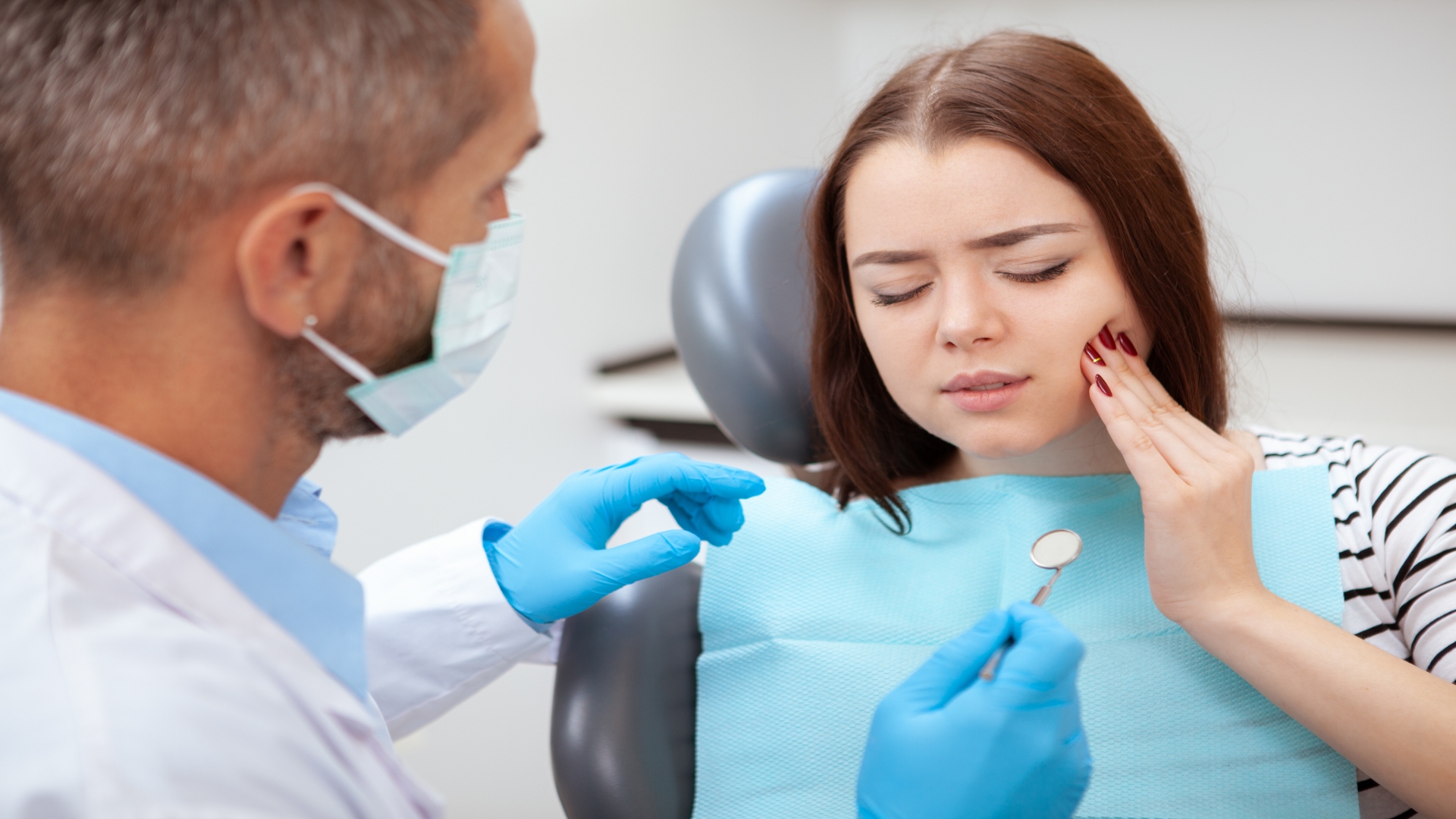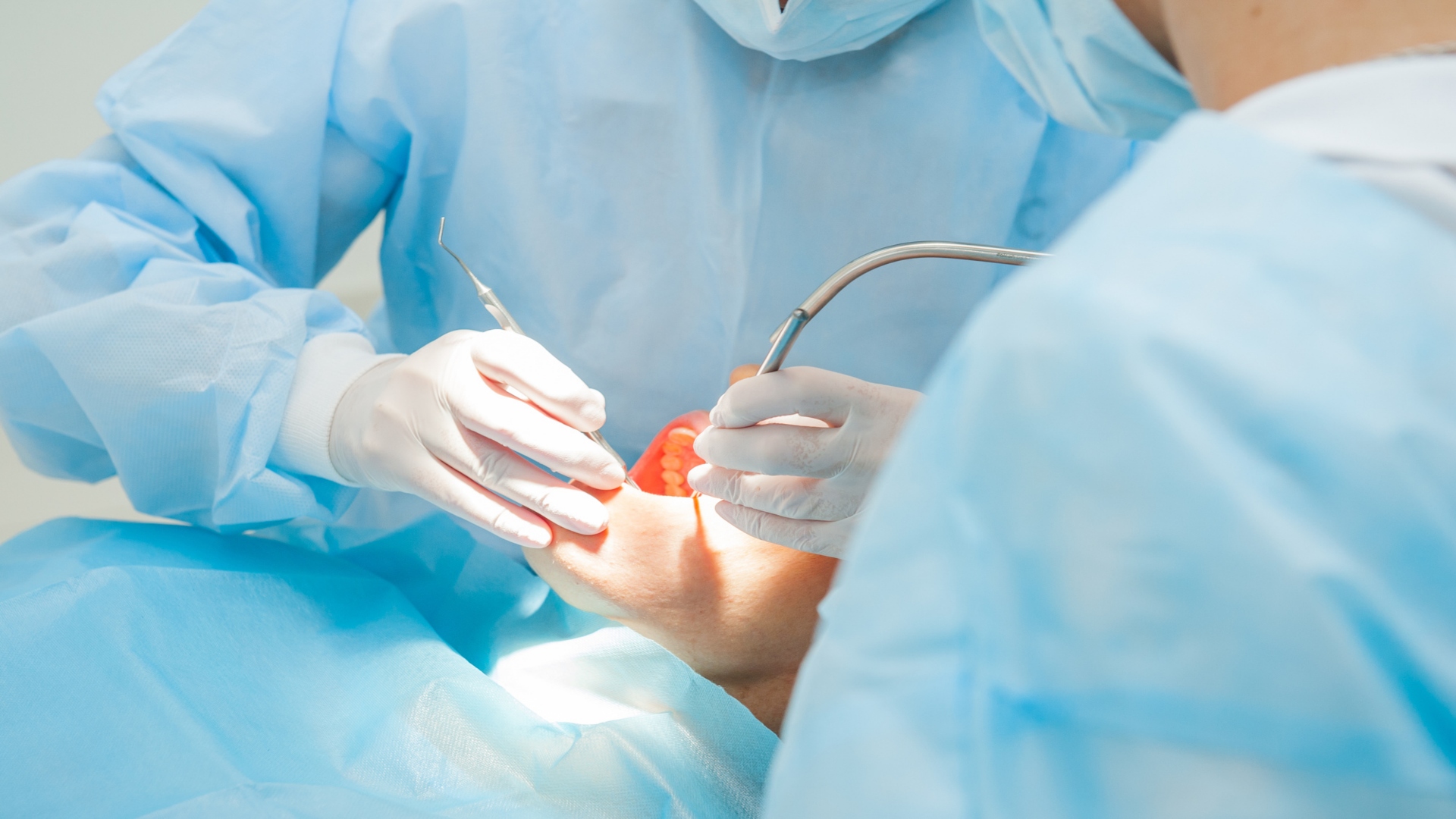
Oral Health
Browse Posts in Various Categories
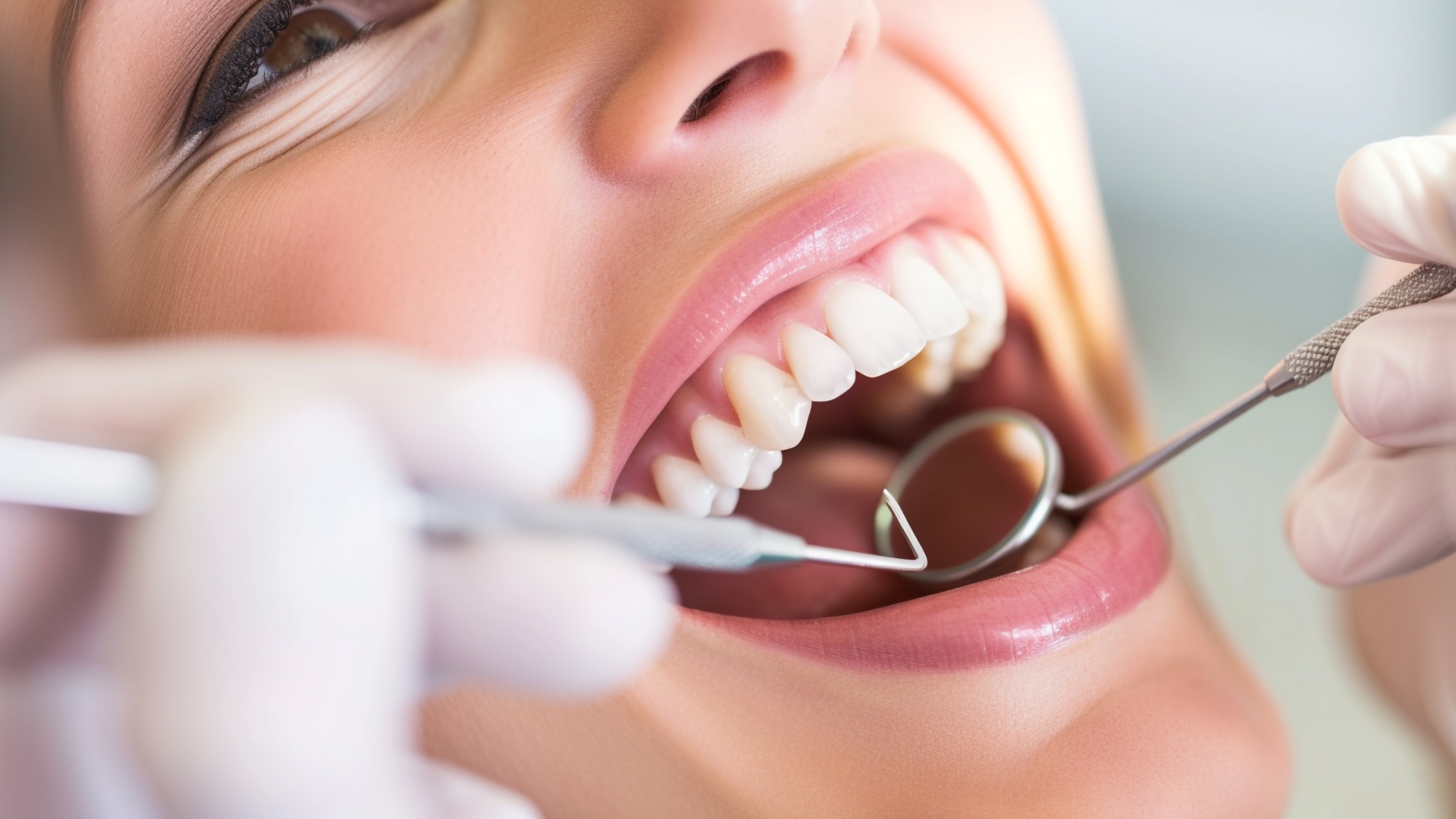
Achieving Gum Health: Practical Tips From Dental…
Fight gum disease! Expert guide reveals how to prevent plaque buildup & keep your gums healthy. Simple tips for a…
View Article
Improving Function And Comfort: Neuromuscular Dentistry For…
Jaw disorders can significantly impact an individual’s quality of life, leading to discomfort, difficulty chewing, and even persistent pain.
View Article
The Benefits Of Periodontics: Ensuring Gum Health…
Good oral health extends beyond a dazzling smile. It's crucial for your overall well-being. One area that often gets overlooked…
View Article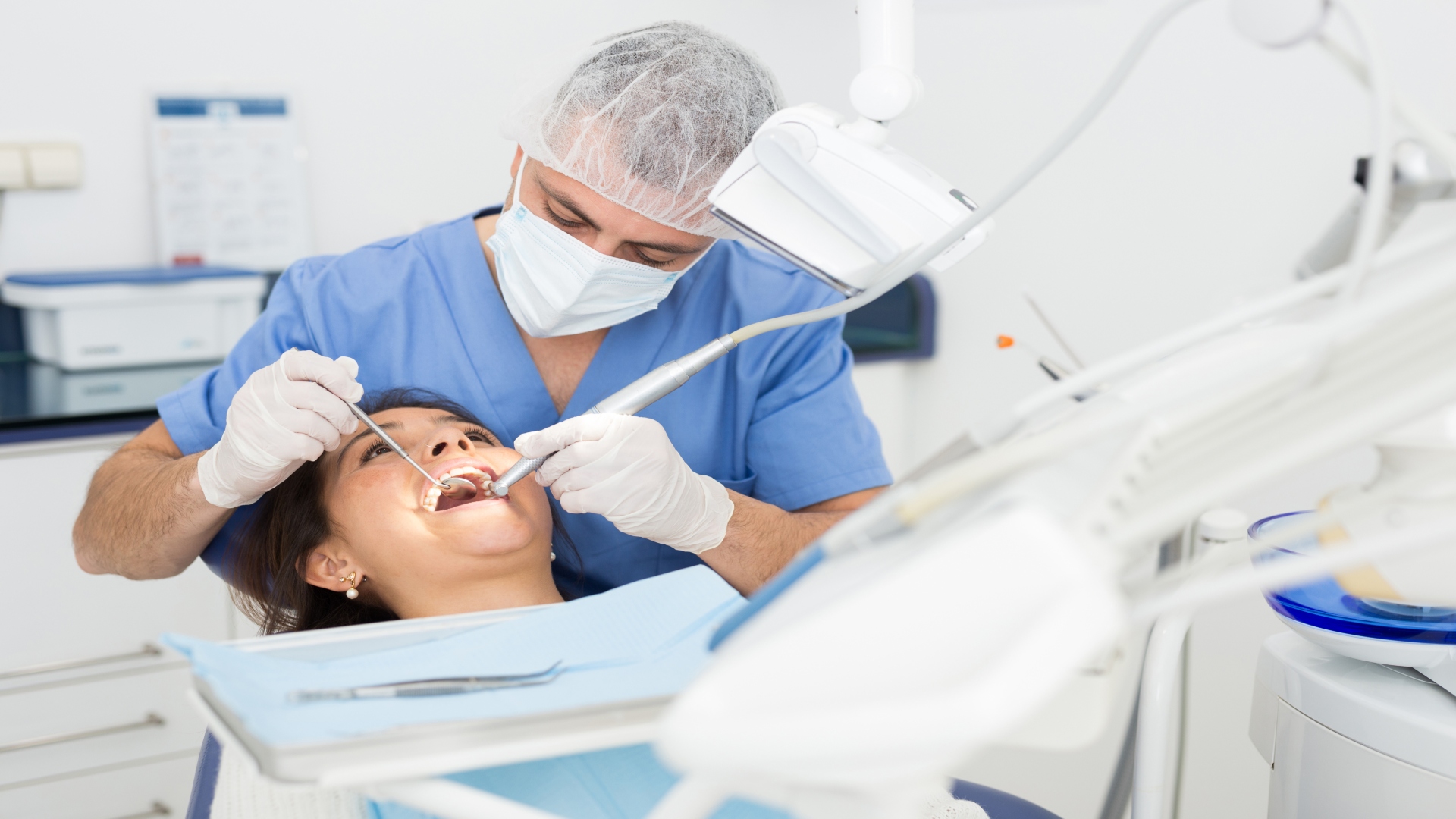
From Flaws to Fabulous: How Cosmetic Dentistry…
Cosmetic dentistry encompasses a wide range of procedures to improve your smile's appearance, from subtle changes to complete makeovers.
View Article
Transform Your Smile with Zygomatic Implants at…
Zygomatic implantation is one of the techniques used to restore a row of teeth in cases of complete or multiple…
View Article
The Link Between Diet And Dental Health:…
A sparkling smile reflects more than just good hygiene; it can reveal the secrets of your diet. Your teeth, strong…
View Article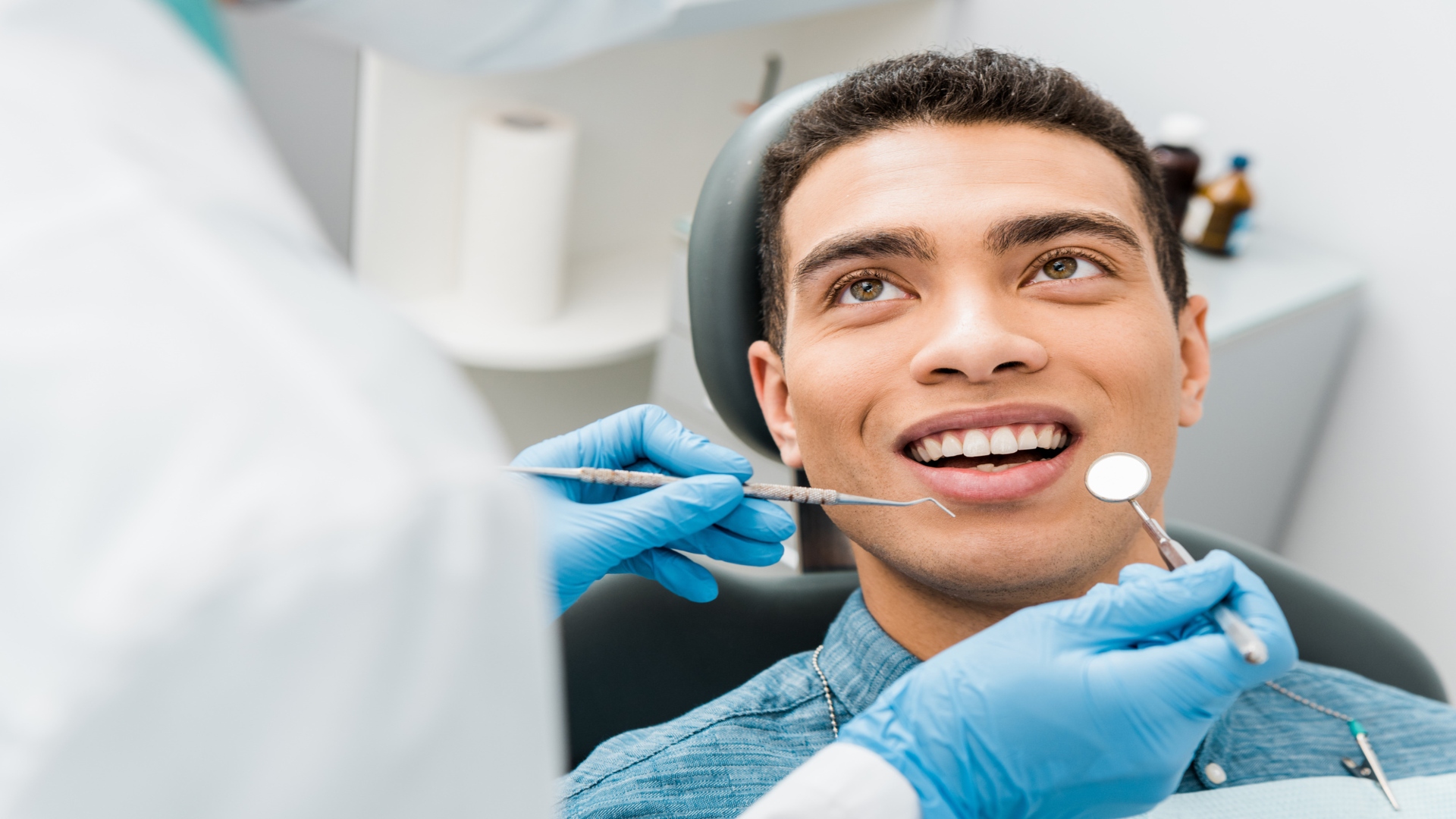
The Importance Of Regular Dental Checkups For…
When life gets busy, it's tempting to push non-urgent health appointments off your calendar. However, you shouldn't neglect dental checkups…
View ArticleExplore Other Categories







